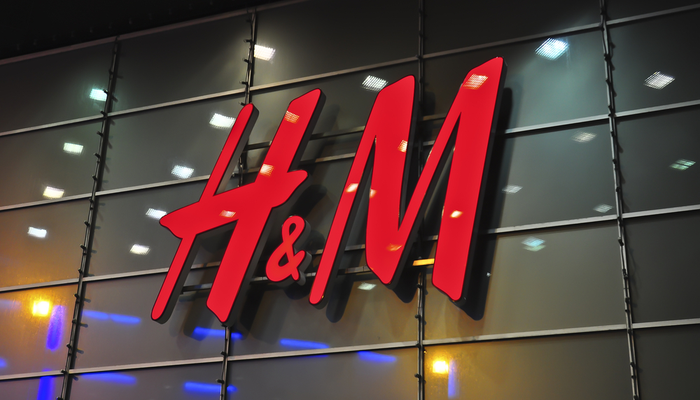A company can raise money by listing its shares on stock exchanges through IPOs or Direct Listings. Let’s find out together how you can know one from the other.
Initial Public Offerings – short definition
When companies go public through #IPOs, they generate new shares which are sold to investors. Now, businesses have to hire helping intermediaries (underwriters) to help them with the listing job.
These underwriters are usually world-renown banks like Goldman Sachs or Morgan Stanley, and they advise companies in many different areas. Included here are regulatory requirements and pricing of shares.
#Bumble, #Kuaishou or Oscar Health Insurance are some of the latest examples of companies going public through Initial Public Offerings.
Learn more about IPOs:
The
biggest IPOs of 2020
How to
invest in IPOs
Why trade IPOs
Direct Listings – short definition
Direct listings are alternatives for #IPOs. Should they choose direct listings, companies don’t have to worry about paying underwriters, avoiding potentially expensive agreements. The disadvantage? Share prices will be dictated by supply and demand. The more interest they draw, the better for the business!
Offering existing shares directly to the public, with no intermediaries, could be a viable solution for anyone holding a stake in a company to create extra liquidity, boosting the stock’s valuation.
#Slack and #Spotify are two relevant examples of companies going public via Direct Listings.
IPOs and Direct Listings – summing up the differences.
1. Underwriters (or lack of)
In traditional IPOs, underwriters play a major role, as they take part in investor meetings and sell shares to the public. For all this hard work, they get paid via commissions.
In a direct listing, companies sell shares directly, without underwriters. They just employ financial advisors, paying them a fixed sum of money.
2. The distribution of shares
IPOs help companies raise money for their particular needs, such as expansion, research, development, etc. They do that by selling new shares. Direct listings don’t work like that, as they just provide support for shareholders to increase liquidity by selling current shares.
3. The pricing of shares
IPOs allow you and other investors to buy shares at a price set by companies. Direct listings are trickier, as the stock’s price will depend on supply and demand.
4. Investor Guidance
In an IPO, companies use in-depth planning (using roadshows), promoting their stocks to investors to raise interest and get the markets pumped up. However, they cannot provide financial guidance on how to invest.
As for Direct Listings, businesses are allowed to offer financial guidance. They generally announce their decision to go public on Investor Day. *
* A meeting where management gives analysts and current and potential investors a deeper dive into their results, strategy, culture, or plans.
IPOs or Direct Listings – which one is better?
Both IPOs and Direct Listings can be great opportunities for traders you included. To make sure you never miss your chance to trade the next big thing, follow the latest companies going public!
Sources: investopedia.com, news.crunchbase.com, techpa.net.
This information prepared by ClickTrades.com is not an offer or a solicitation for the purpose of purchase or sale of any financial products referred to herein or to enter into any legal relations, nor an advice or a recommendation with respect to such financial products.
This information is prepared for general circulation. It does not have regard to the specific investment objectives, financial situation or the particular needs of any recipient.
You should independently evaluate each financial product and consider the suitability of such a financial product, by taking into account your specific investment objectives, financial situation or particular needs, and by consulting an independent financial adviser as needed, before dealing in any financial products mentioned in this document.
This information may not be published, circulated, reproduced or distributed in whole or in part to any other person without the Company’s prior written consent.
Past performance is not always indicative of likely or future performance. Any views or opinions presented are solely those of the author and do not necessarily represent those of ClickTrades.com.
Previous Article
The Biggest IPOs of 2020
Next Article
Hot Stock Market Debuts of Q1 2021











